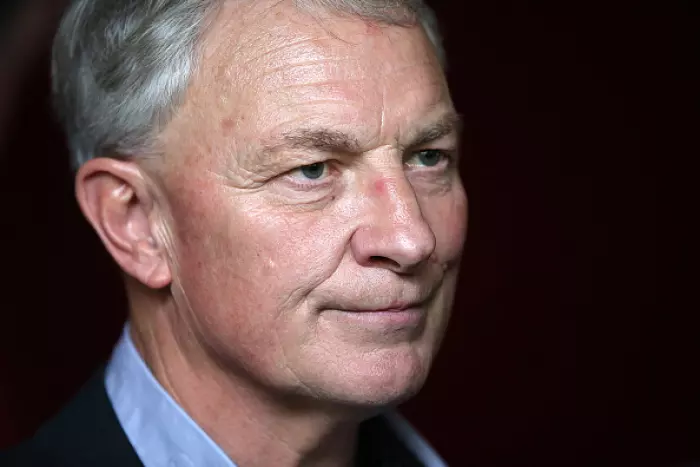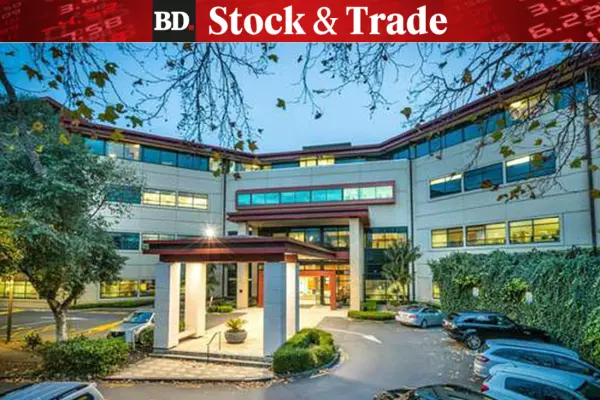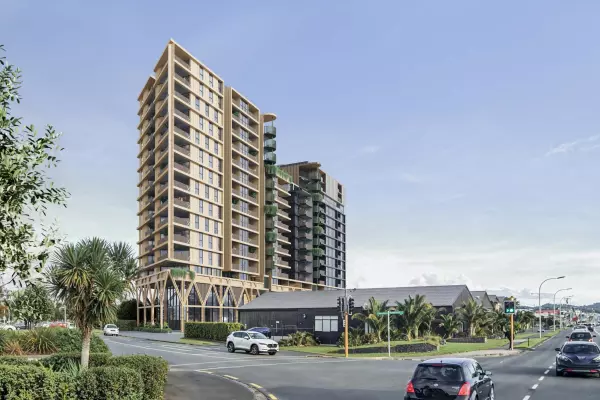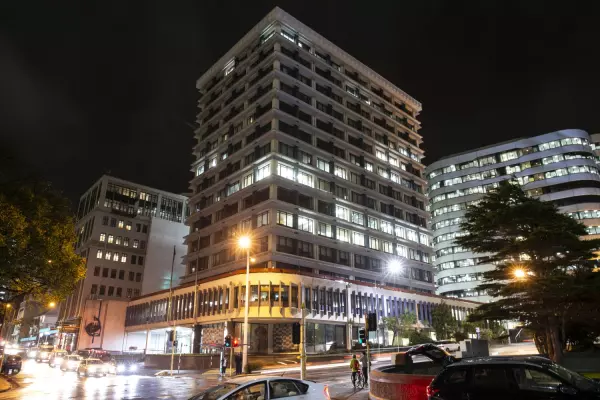Auckland Mayor Phil Goff has made a U-turn on the city’s contentious rate tax on commercial hotels, telling BusinessDesk it should be replaced with a “simpler and fairer” bed tax.
Goff’s admission comes weeks ahead of another legal challenge to the city's Accommodation Providers’ Targeted Rate (APTR) in the Court of Appeal by a group of hoteliers, including the Millennium & Copthorne group.
This follows a failed judicial review in 2019 — on which the city spent more than $1 million to defend — that argued the APTR puts an unfair burden on hotels to shoulder Auckland’s tourism promotion costs.
The appeal, brought by the Commercial Accommodation Rate Payers, has been scheduled for April 12. The group will be represented by Auckland legal firm Bell Gully.
Defend the appeal
The APTR, established in 2016 as one of Goff’s first acts following that year’s election, is seen as a way of offsetting the city’s tourism promotion costs by levying a charge on accommodation providers, based on the capital value of their property.
But it can be extremely expensive, with larger hotels levied hundreds of thousands of dollars. The Grand Millennium hotel's levy, on a capital value of $100m, comes in at $144,413. But while that hotel is currently a managed isolation facility, others, like the much smaller DeBrett Hotel on High Street, will still pay $10,802 on a capital valuation of $7.5m — despite income being well down due to the closed borders.
Those targeted rates also extend to Air BnBs and other short-term, commercial providers.
The APTR was suspended for one year in 2020 due to the covid-related lockdowns. This is estimated to have cost Auckland Tourism, Events and Economic Development — now rebranded as Auckland Unlimited — about a quarter of its funding, or $15m of its annual $59m rates-based revenues.
Last year, when the appeal was filed, Millennium & Copthorne managing director Boo Chiu said it was because the High Court “had not recognised the unreasonableness of the APTR on accommodation providers”. He said it was the fifth targeted rate the hotel group was paying in the city.
At issue, he said, was that only 9% of tourist spend in the city is on accommodation with the other 91% going to businesses “not paying the APTR”.
A council spokesperson told BusinessDesk the cost of defending the initial judicial review of the APTR had been $1.26m, excluding time spent on the case by council legal staff, but it will defend the appeal, “so costs are still ongoing”.
While the council was now consulting on three different options for the renewal of the tax, ranging from reinstating the tax from Apr 1 or as late as Jul 1 next year, the tariff has already been invoiced on the assumption it will be effective again from Apr 1.
According to Goff, a bed tax would ease the burden on Auckland ratepayers and instead make tourists pay for the shortfall. He cited Queenstown’s bed tax as a prime example.
“I would prefer to replace the APTR with a bed tax, which is simpler and fairer. As is the case in cities all around the world, the bed tax is a small charge paid by every person in tourist accommodation which is set out as a separate item on the bill. Effectively, the visitor pays the tax,” he said.
Queenstown’s tourist levy, which has been delayed until about 2024, is set at 5%. That is considerably higher than tourist taxes for nightly accommodation in Europe, for example, which is set at the equivalent of about $1 a night across countries like France, Germany and Greece.
But Goff warned that for a bed tax to be implemented, government legislation would be required.
“I have urged the government to pass legislation giving Auckland Council the ability to put a bed tax in place. It would enable us to lift the cost of funding marketing and events from Auckland ratepayers and transfer it to visitors to the city, which is more equitable.”
'No fault of our own'
Hotel Council Aotearoa strategic director James Doolan said the sector was “hugely discouraged” by both Auckland’s and Queenstown’s proposed bed taxes.
“Local councils should be investigating measures such as rebating the entirety of hotel business rates, not making proposals to the central government to introduce new hotel specific taxes.”
Doolan said the industry was in a “difficult place” as general support programmes brought in under covid simply didn’t work for hotels.
“Some businesses can recover lost revenue later, but there is no such thing as pent up demand for hotel room nights lost during lockdowns or border closures.”
He said the sector was looking for sector targeted assistance, with occupancy rates at below 50% during what should be the industry’s high season.
“We have lost all of our highest value guests, through no fault of our own, with no ability to claw back revenue later, but with substantial property and finance-related costs continuing to accrue.”
He said while hoteliers are doing everything possible to generate revenue and reduce cost, long-term infrastructure assets cannot quickly "pivot" to other uses.
“New Zealanders aren't expecting Air NZ to permanently pivot its fleet wholly towards domestic travel. And Kiwis should realise therefore that we need an international standard, outwardly-orientated tourist infrastructure if we plan to re-emerge after covid as a desirable destination for high-value travellers.”
Doolan said delays to the opening of the NZ International Convention Centre to 2025, also presented a solid argument for not instituting any hotel taxes until at least then.
He said the hotel group will be presenting on the issue to council on Mar 10.














